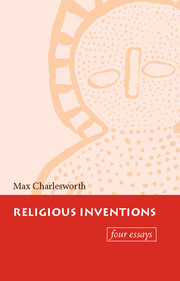4 - The making of a Christian ethics
Published online by Cambridge University Press: 04 August 2010
Summary
CAN THERE BE A CHRISTIAN ETHICS?
The question of whether there can be a distinctively Christian ethics is now a well-worn one, and it might be thought that nothing very original can be said about it. In European and English and American theology there is a sharp division between those who believe that there is indeed a distinctive and autonomous Christian ethics, and, on the other hand, those who think that, while a Christian religious commitment provides a special moral perspective and motivation, there is, in fact, no Christian ethics providing the basis for specific ethical norms and a specific ethical methodology. Within the two camps there are important differences, and a spectrum of positions has developed on both sides.
While I attempt to show that the idea of an autonomous Christian ethics is philosophically untenable and so align myself with those who reject an ‘ethics of belief’ (Glaubensethik, as some German theologians call it), my main interest here is in the way the idea of a Christian ethic has been used in the elaboration of a moral theology or theory about the Christian life.
The thesis of this essay may be expressed in a schematic way as follows:
The basic ethical principles must be accessible to all human beings who are rationally competent (the term ‘rational’ is used in the widest and most neutral sense) since a contradiction would be involved in human beings being obliged to follow certain ethical imperatives and, on the other hand, being unable to know – at least in principle – what those imperatives were.
- Type
- Chapter
- Information
- Religious InventionsFour Essays, pp. 105 - 138Publisher: Cambridge University PressPrint publication year: 1997

